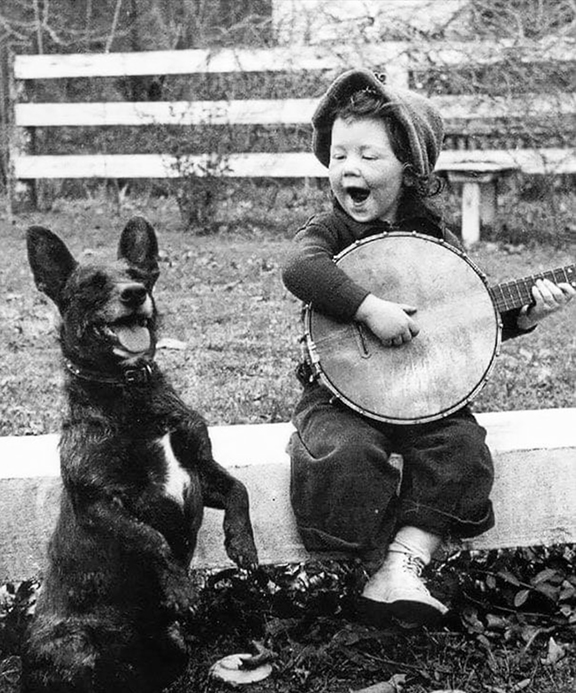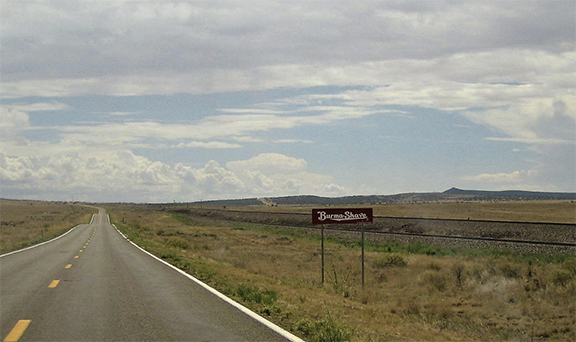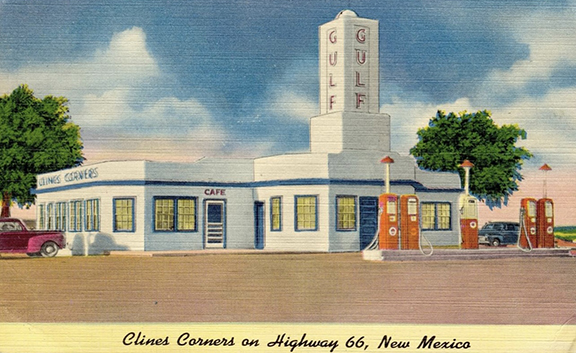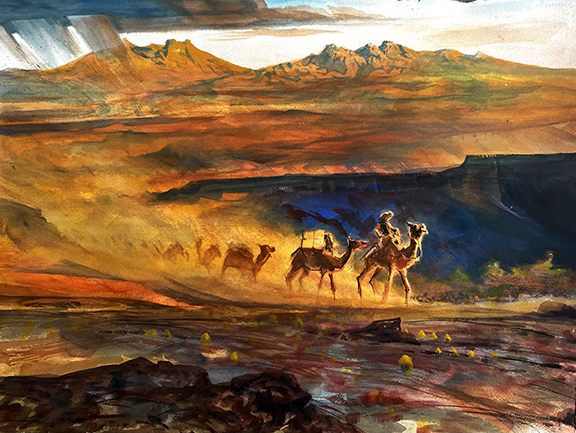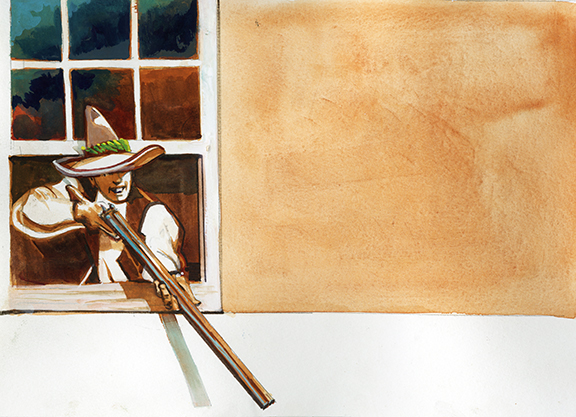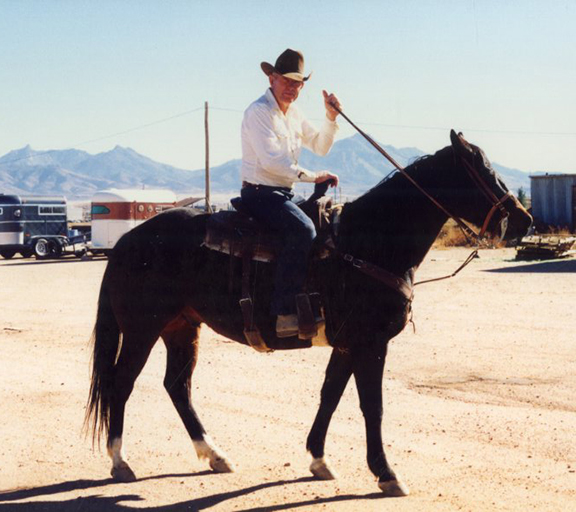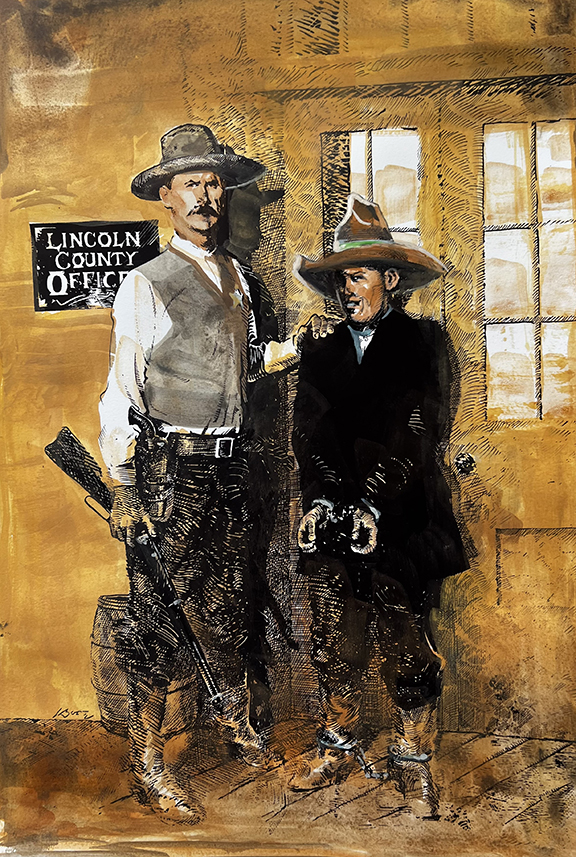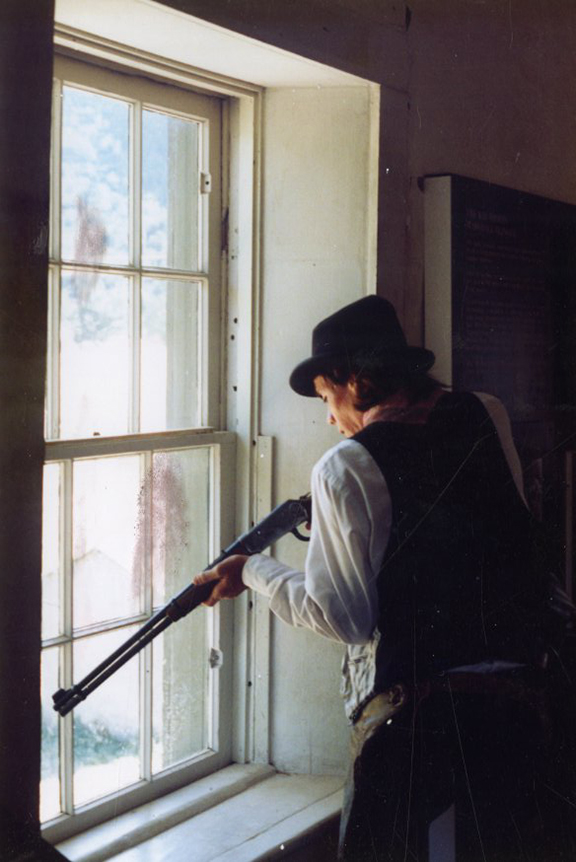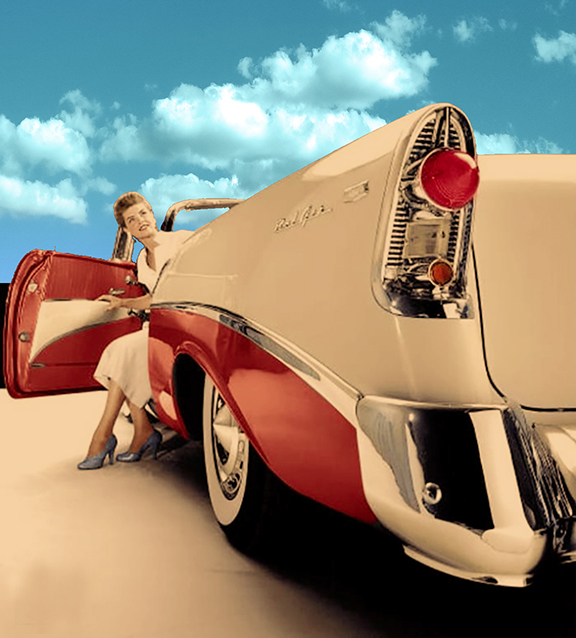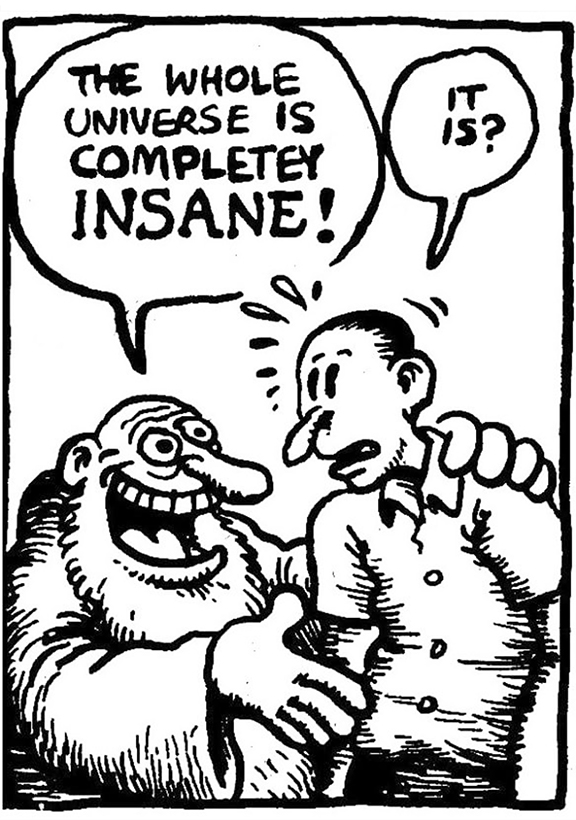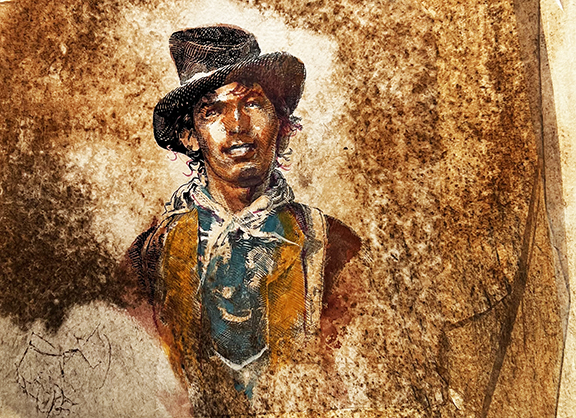April 30, 2023
One of my favorite Western movie moments is when Billy the Kid is bucked off his borrowed horse in "Pat Garrett & Billy the Kid."
This scene has a historical truth never before portrayed in any of the 66 other Billy the Kid movies.
After the killing of his two guards, Billy commanded a cook, Godfrey Gauss, to go into the pasture to the west of the courthouse and bring him Billy Burt's horse, while the Kid tried to remove his leg irons. Gauss spent 45 minutes trying to corner the skittish horse and finally got him, saddled him and brought the horse around for Billy to escape on. Unfortunately, the Kid still had one leg iron which he couldn't remove and it had a dangling chain still attached to it. Even though the Kid tried to tuck the chain in his trousers, it still spooked the horse and bucked Billy off in the street. That the movie makers would choose to portray this odd little truth is nothing short of amazing, to me!
Supposedly, the guy who gets credit for this historical truth nugget is Rudy Wurlitzer, the screenwriter for "Pat Garrett & Billy the Kid," 1973. However, some believe it was the director, Sam Peckinpah who added it. Paul Andrew Hutton tells me Rudy was very upset with all the changes Sam made to his original screenplay. Wurlitzer allegedly took out his angst on Peckinpah in his fictional novel, "Slow Fade," about an egomaniacal director who ruins good stories. We'll soon see if that's true because I just ordered the book.
As I rewatched the film last night I was struck by a couple things: the first is, the killing of Pat Garrett opens the film now (it was cut for the 1973 release by the studio), and the second is, I read somewhere that Peckinpah had never heard of Bob Dylan before the movie was made. I even seem to remember Sam being quoted as saying, "I'm a Roger Miller guy." Peckinpah allegedly hated the Dylan soundtrack songs and even cut "Knockin' On Heaven's Door" from the Slim Pickins death scene! I also want to say Sam even insisted on a Hollywood orchestra soundtrack and barely, if at all, used Dylan's work. Anyway, in the restored version (2006) which I watched last night, it's Dylan's music all the way and his music carries the entire movie. The film is a bit disjointed in sections but Dylan's evocative score ties it all together. I also remember him having a small cameo in the original, but now he is seen almost all the way through the film as the character "Alias."
The songs soar. Bobby Zimmerman's acting, not so much.
Also, it must be said. James Coburn makes a very compelling and accurate looking Garrett, full of angst and venom. And, other than the hippie locks, and not being six-four, he is almost a dead ringer for Big Casino.
"Keep the change, Bob."
"Hot, sassy insider movie books were truly a grand tradition, as integral to film culture as the pictures themselves. Half the fun was on-screen. The other half was embedded in those myriad tell-alls, exposes and romans-a-clef that created a myth many times larger than life—which, after all, was pretty large to begin with."
—Michael Cieply, writing for Deadline on the decline of Hollywood bad boy movie making legends, like Sam Peckinpah.





